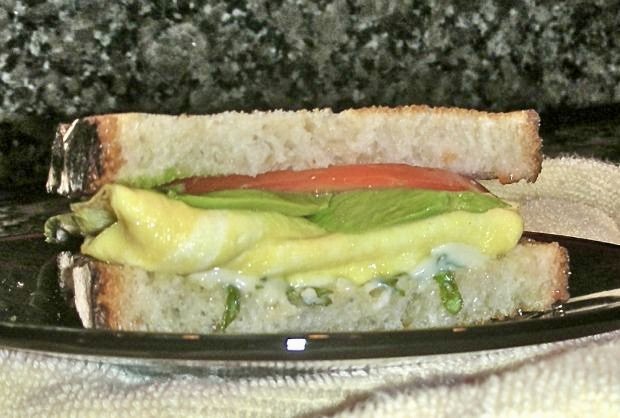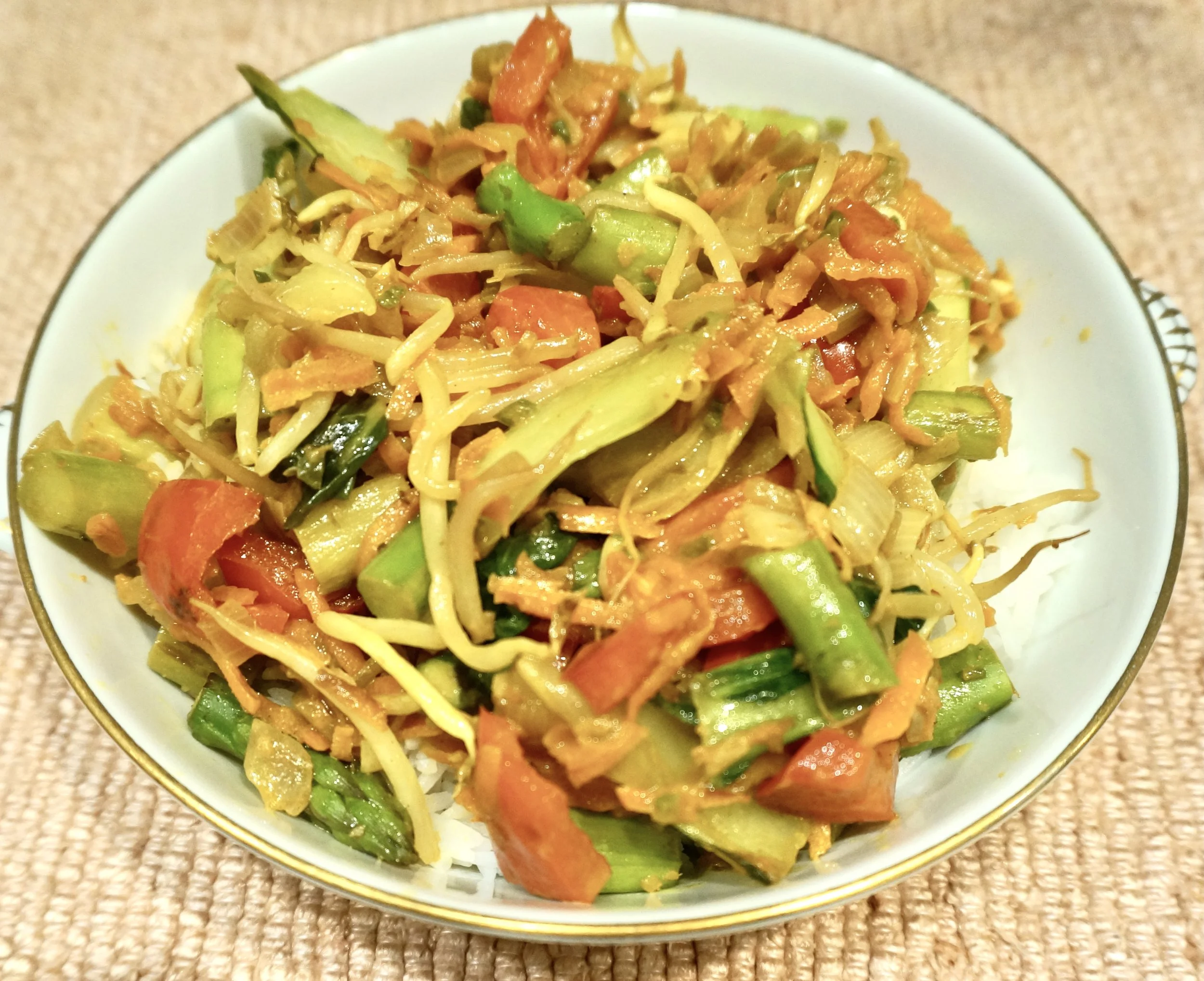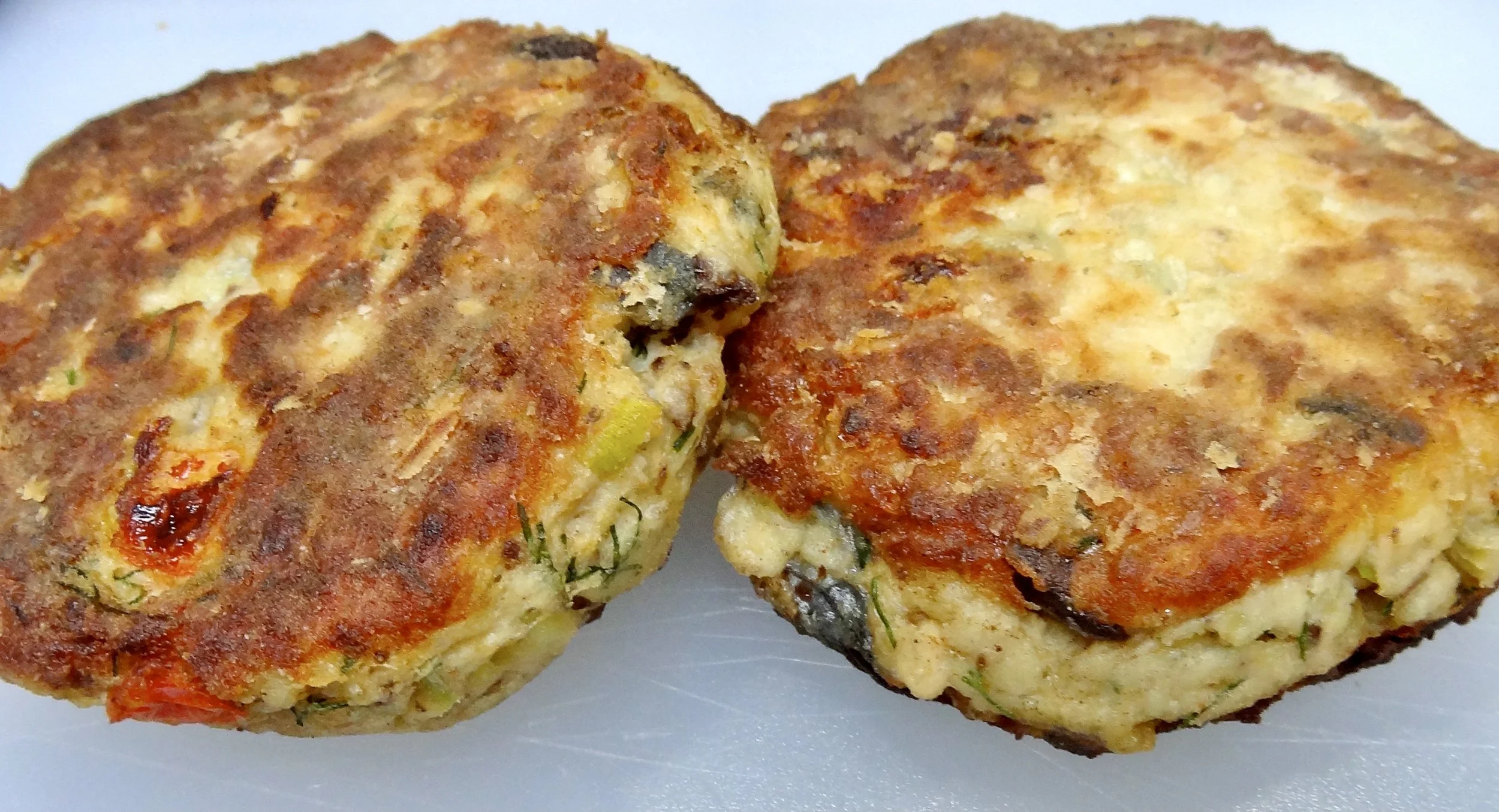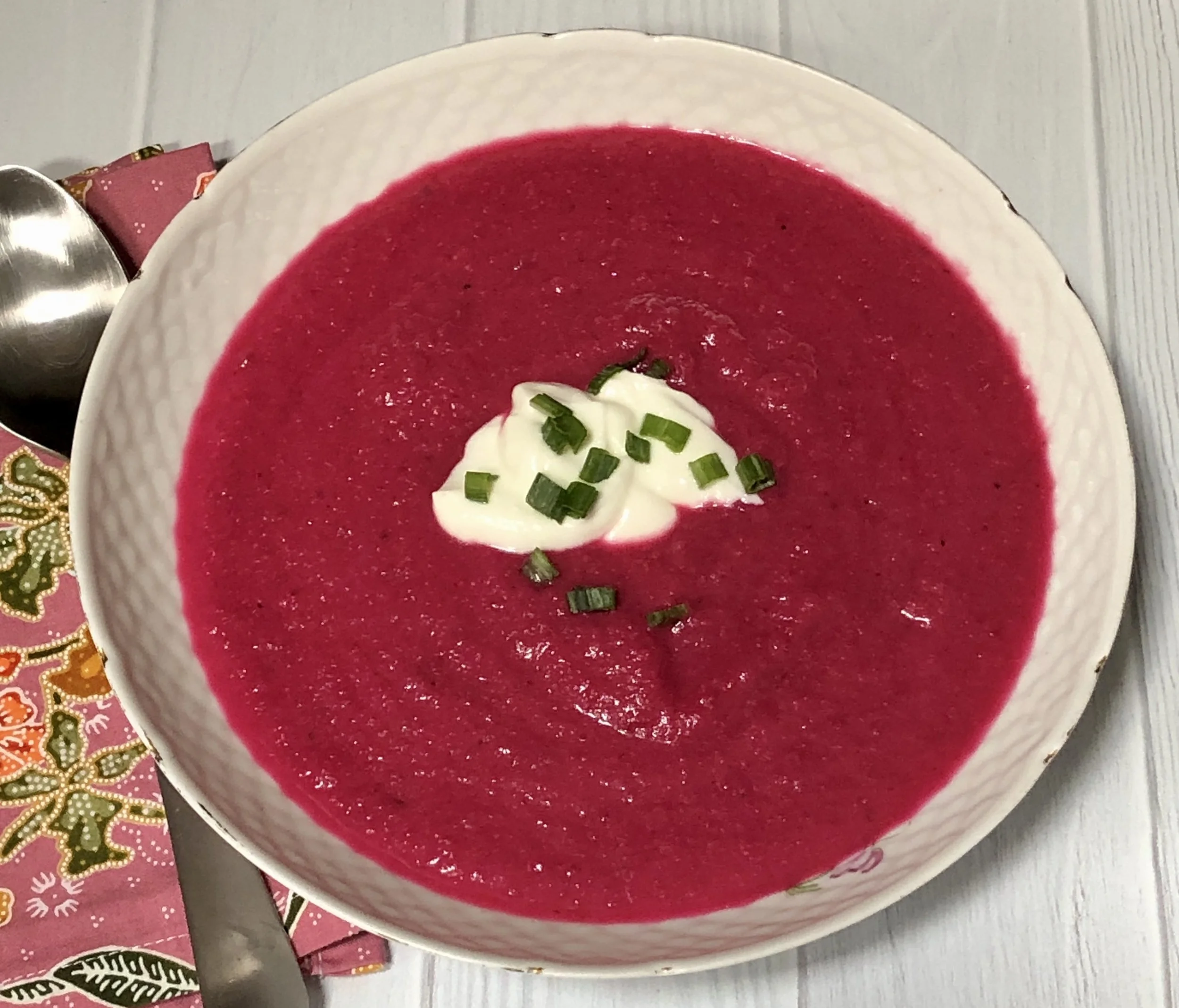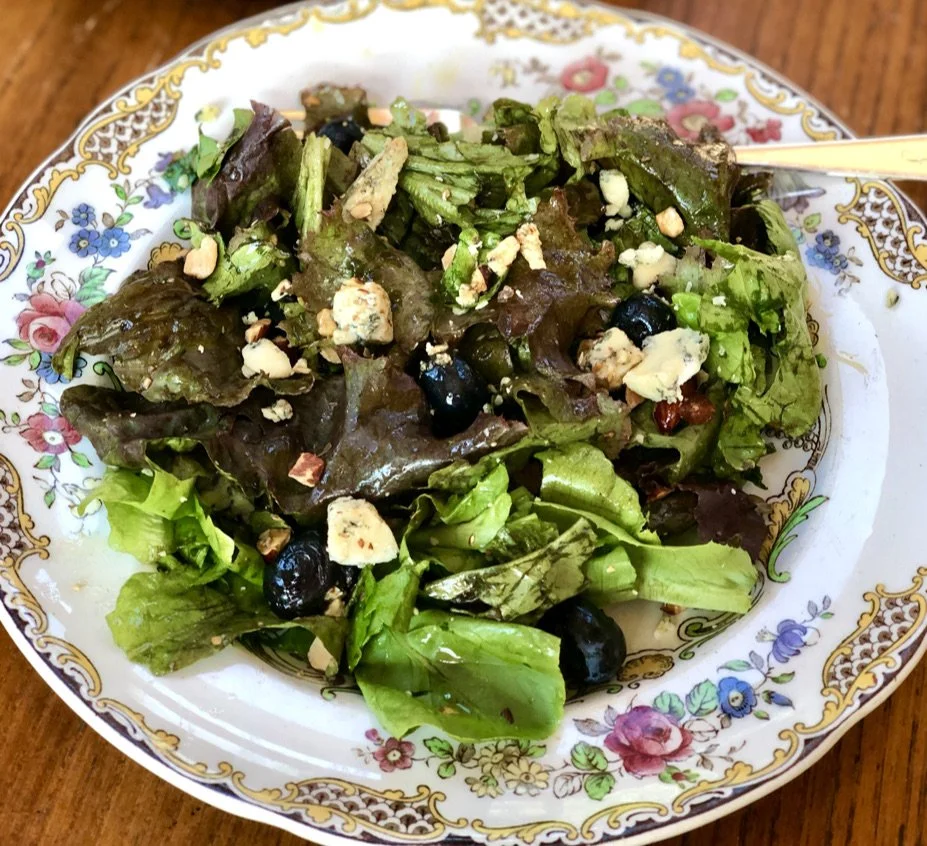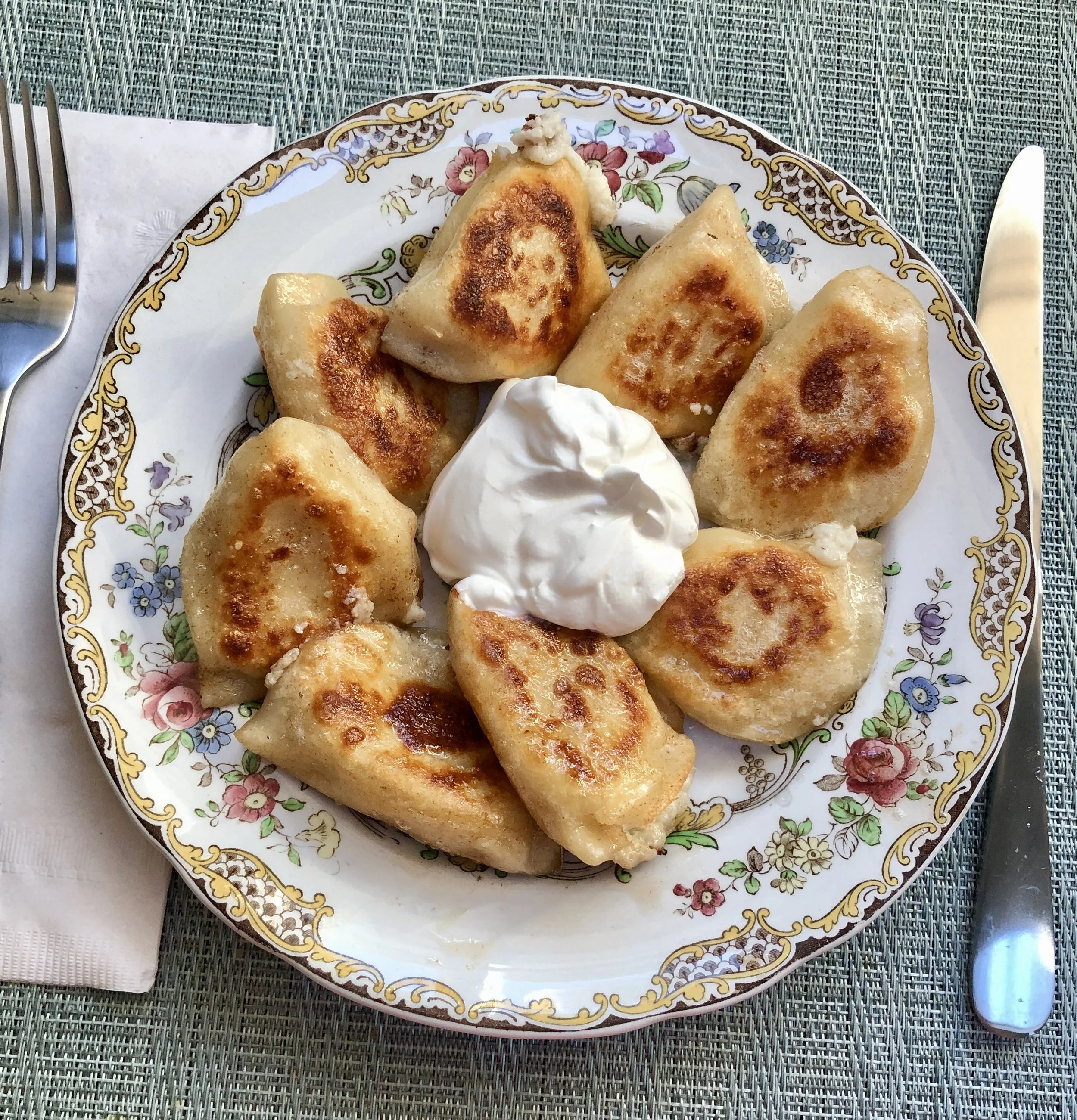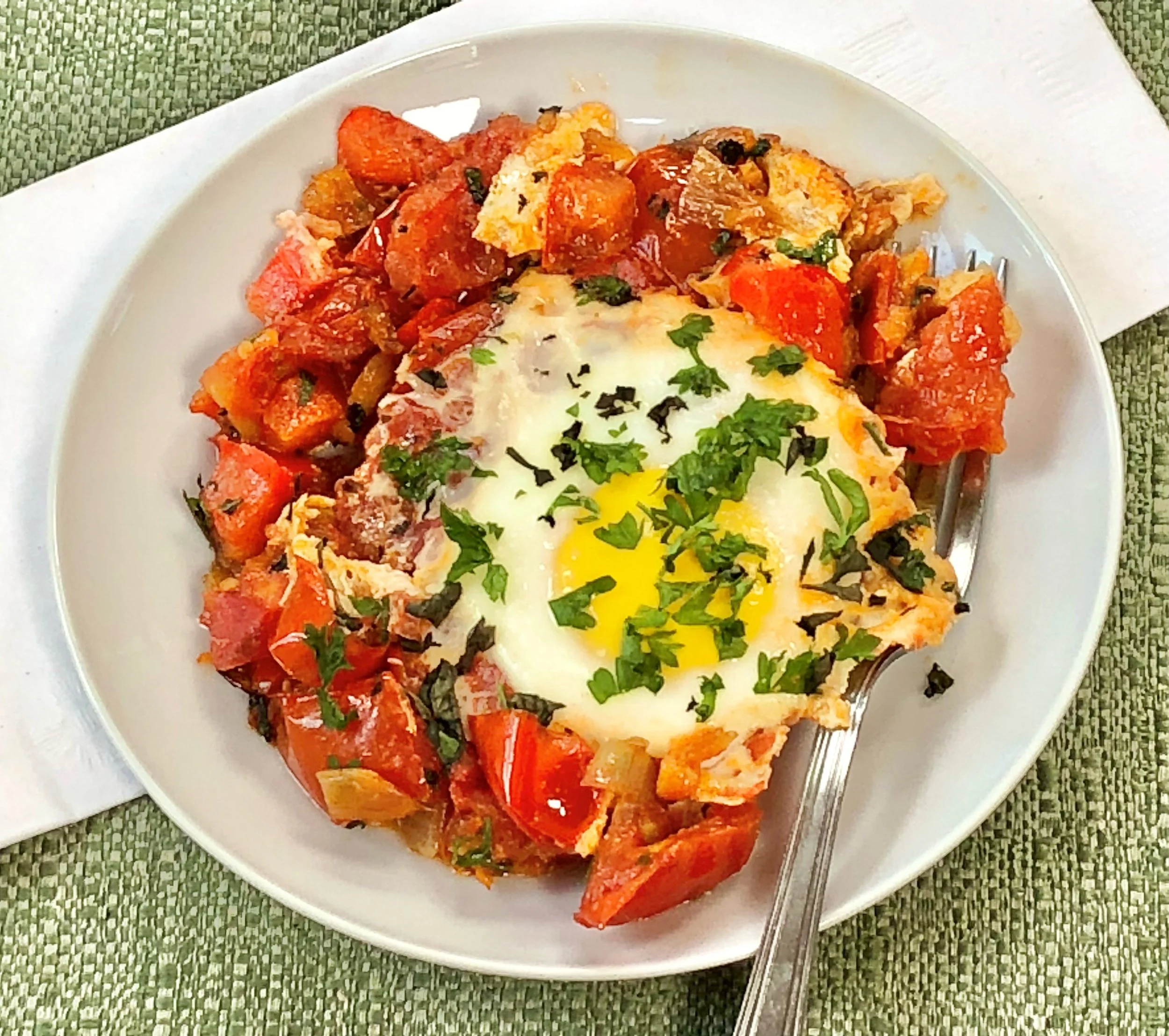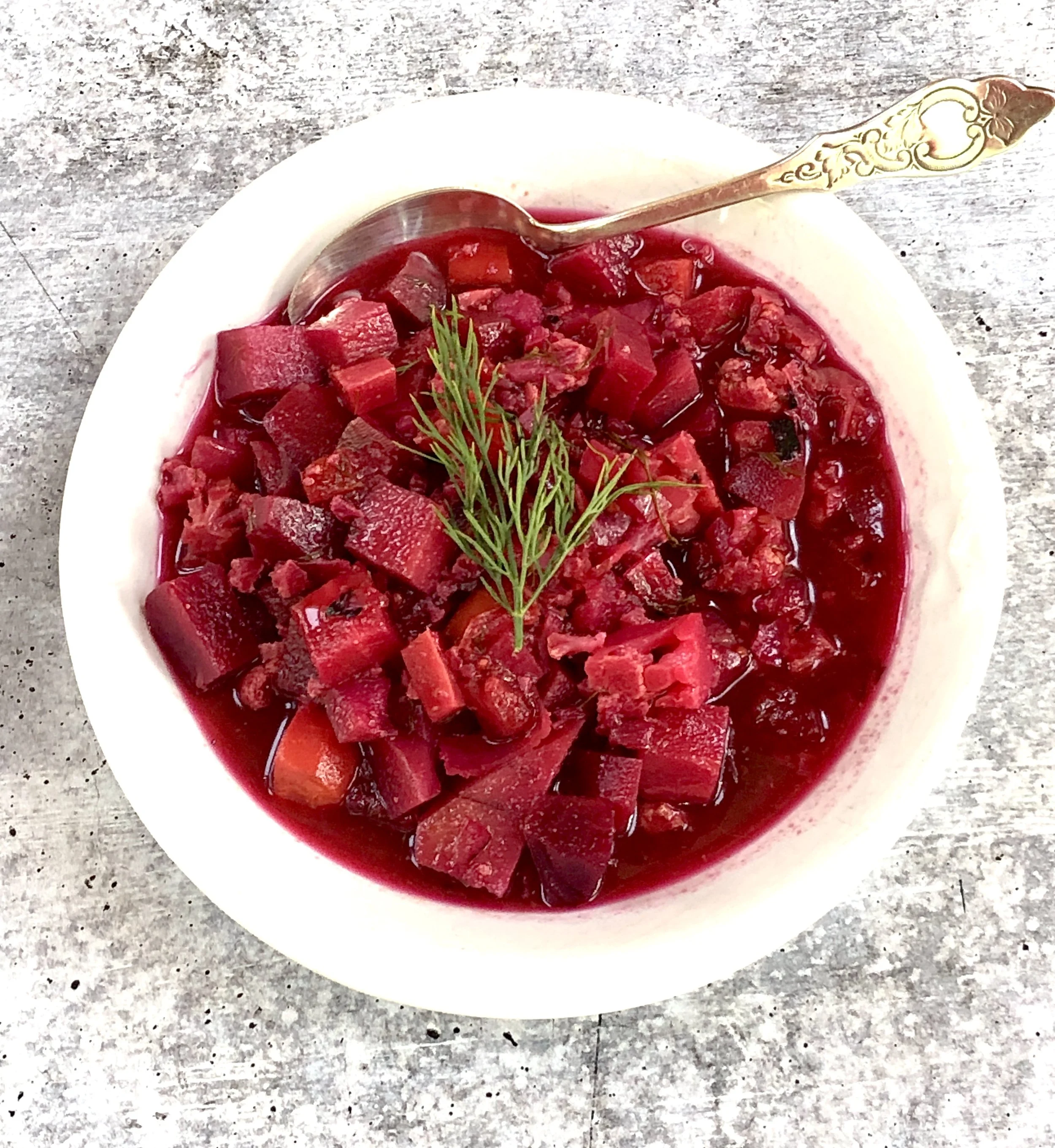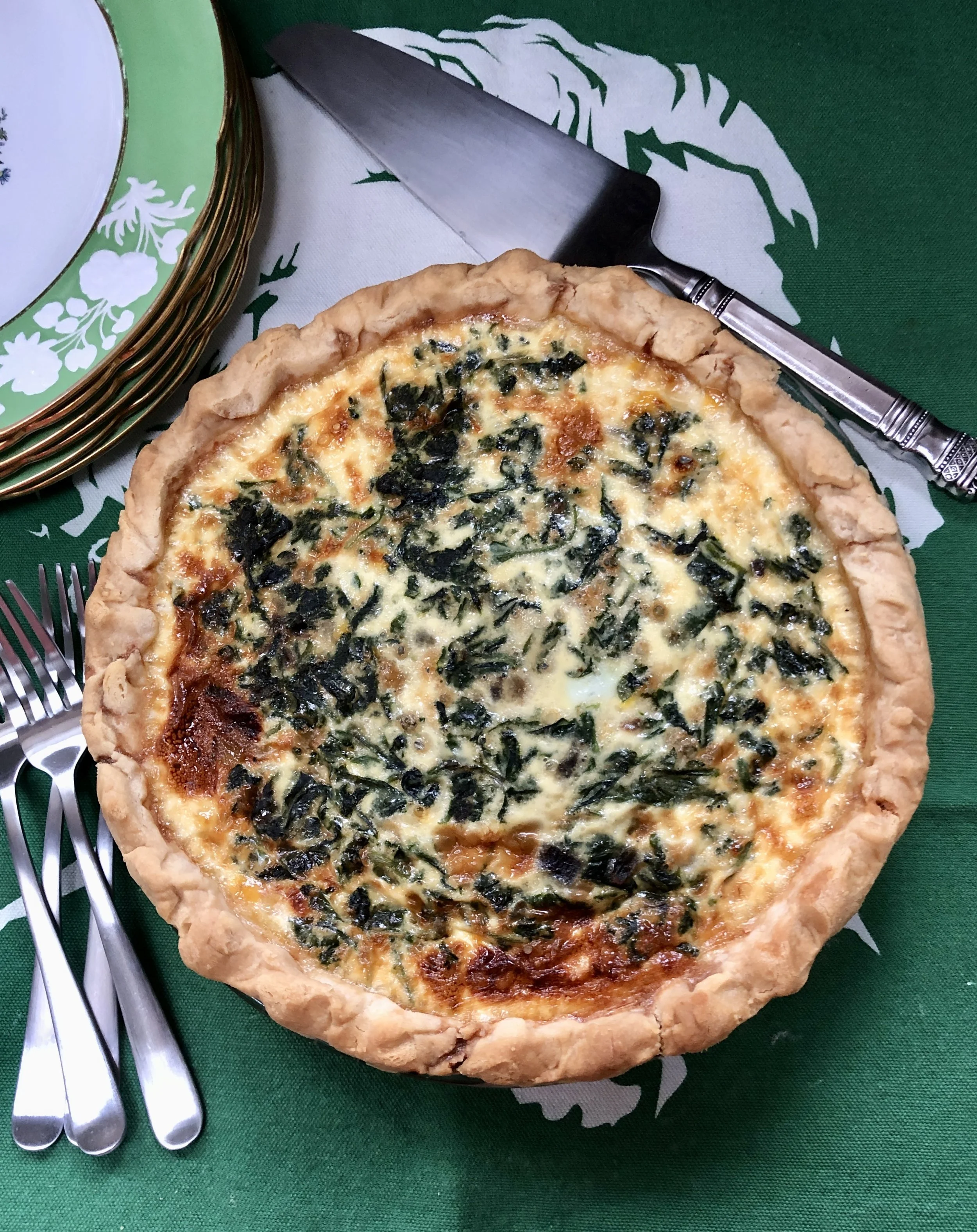Our Thanksgiving feast has the usual turkey, stuffing, cranberry something-or-other and so on. But I also serve at least one vegetarian main course, usually some version of Mujadara, made with either bulgur wheat, kaniwa or brown rice. It’s a simple dish, everyone loves it and I can make it ahead. Over the years I learned it’s best to cook the onions in advance so they get nice and soft and the savory oniony liquid leaches out perfectly to moisten the grains. Here is the recipe - make all the parts ahead, put it together later and reheat to serve:
BROWN RICE MUJADARA
1/2 cup olive oil
5-6 large yellow onions, peeled and sliced
1 cup brown rice
water or stock
1 cup lentils
1 teaspoon ground cumin, optional
1/2 cup chopped fresh parsley
salt to taste
Heat 4 tablespoons of the olive oil in a large sauté pan over low-medium heat. Add the onions and cook, stirring occasionally, for about 15 minutes or until the onions are soft and brown. Spoon the onions into a container and cover the container. Refrigerate when cool if not serving the dish immediately. Place the rice in a saucepan, cover with 2 cups water or stock, bring to a boil, stir and cover the pan. Turn the heat to low and cook for about 30 minutes or until tender. Spoon the rice into a bowl. While the rice is cooking, place the lentils in a saucepan and cover with water or stock. Bring to a boil over high heat. Lower the heat, cover the pan and cook for about 25 minutes or until tender. Drain and add to the rice. Stir in the remaining 4 tablespoons olive oil. Add the cumin, if used and the parsley. Toss the ingredients. Add salt to taste. If serving immediately, stir in the onions with any accumulated juices, mix and serve. If serving at a later time, add the onions and juices, place in an ovenproof casserole and reheat, covered, in a preheated 350F degree oven (about 25 minutes).
Makes 6 servings

